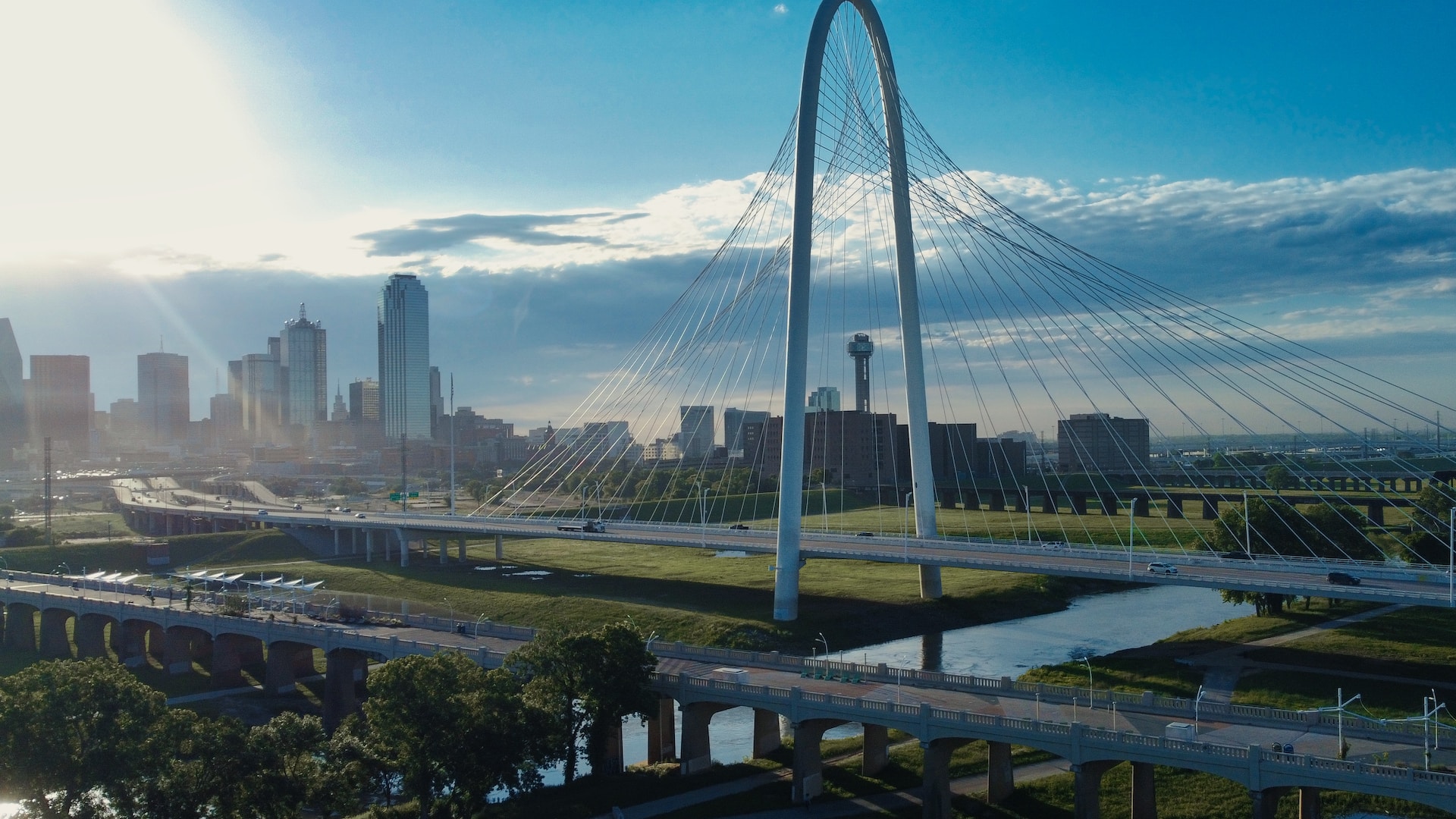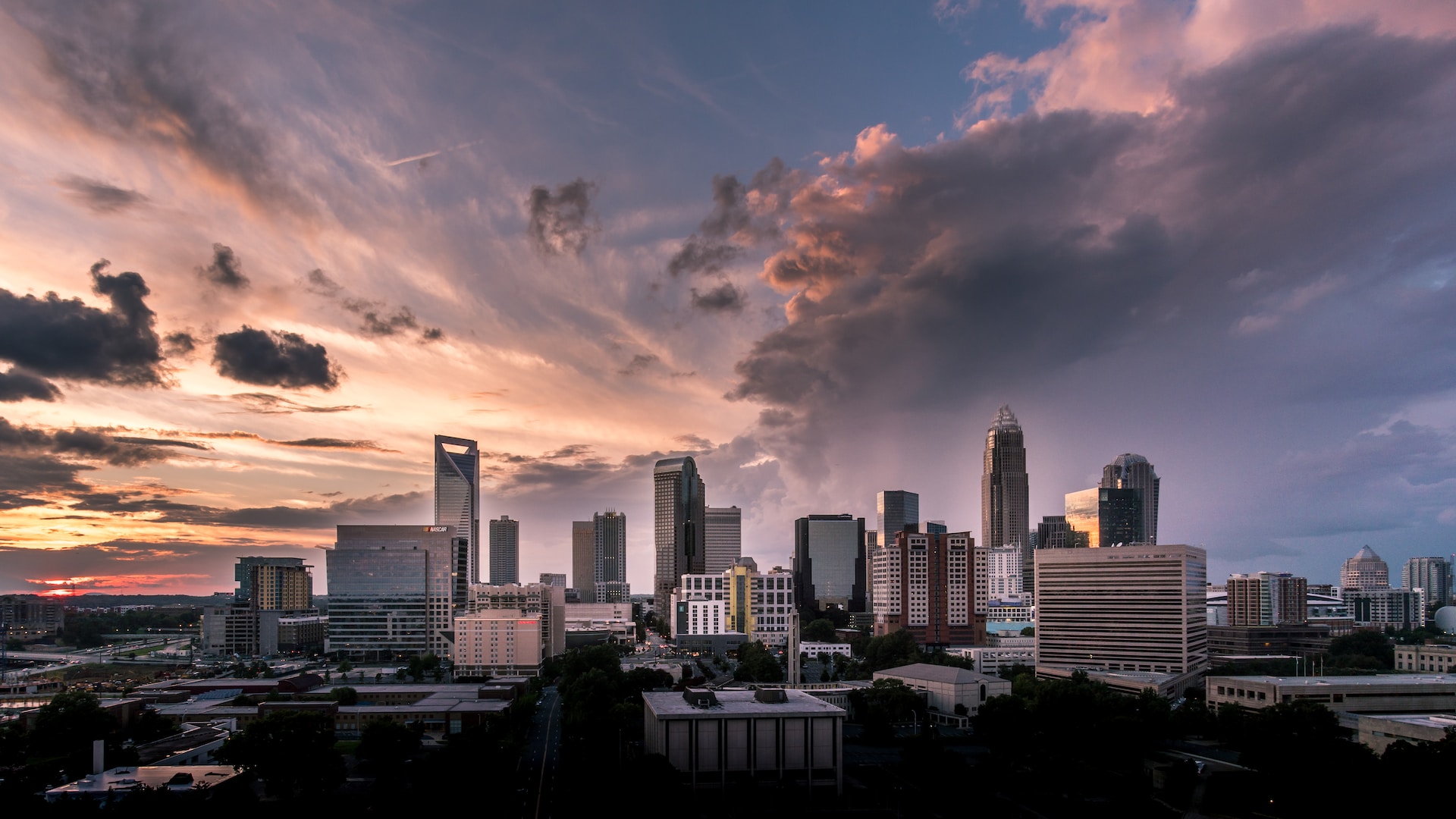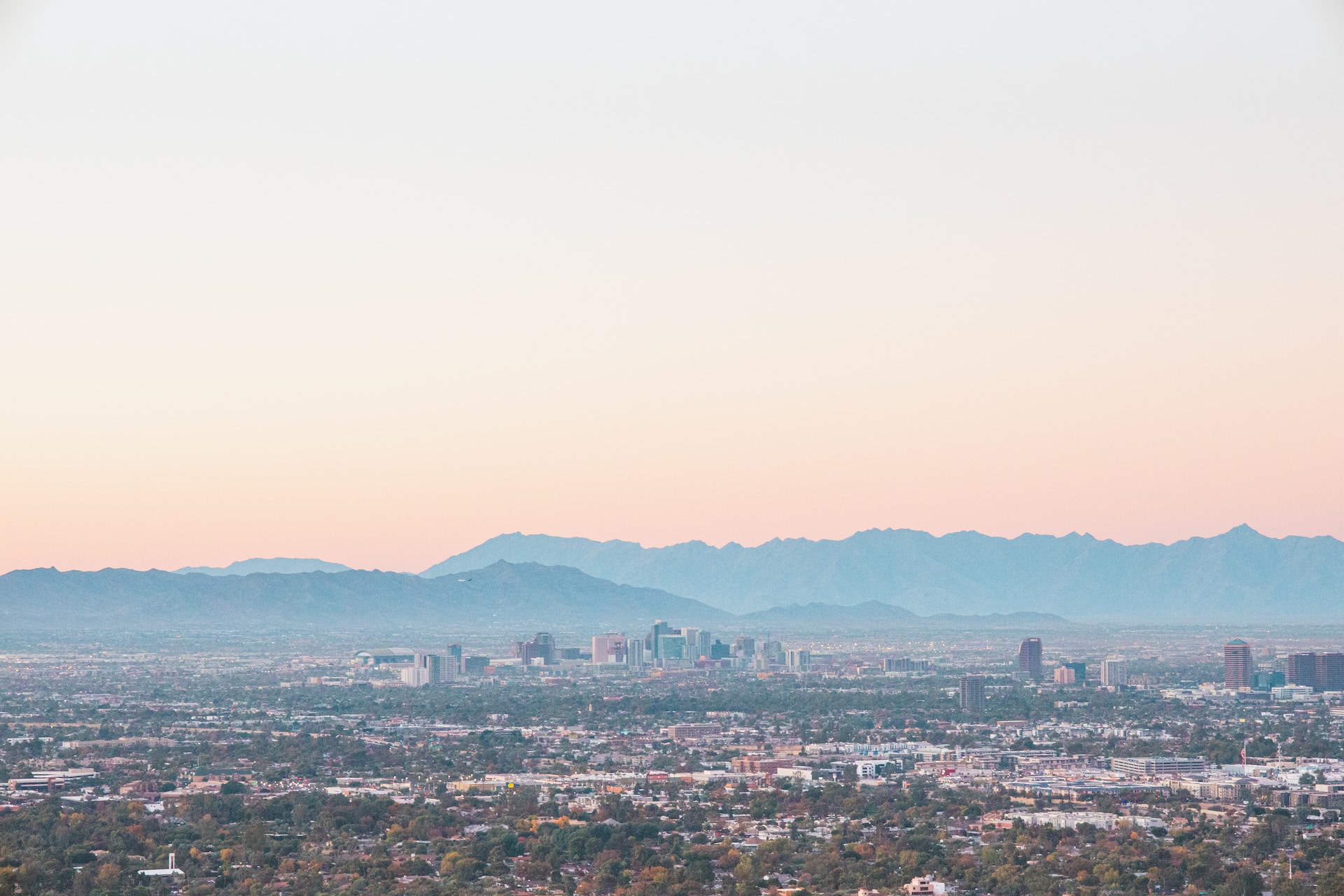Welcome to the dynamic city of Dallas, Texas! Known for its vibrant blend of southern charm and cosmopolitan energy, Dallas offers a unique and thriving urban experience. From its world-class museums and renowned dining scene to its rich history and love for sports, Dallas has something to captivate everyone. Whether you’re drawn to the bustling downtown area or the diverse neighborhoods, this moving guide will provide you with essential information to make your relocation to the lively city of Dallas a smooth and enjoyable experience.
Pros and Cons of Living in Dallas:
Living in Dallas comes with its own set of pros and cons. On the positive side, the city offers a thriving job market, with opportunities in industries such as technology, finance, healthcare, and energy. The cost of living in Dallas is generally lower compared to other major cities in the United States, with affordable housing options and a relatively low tax burden. The city boasts a rich cultural scene, with numerous art galleries, museums, and theaters. Additionally, Dallas is home to a vibrant sports culture, with professional teams like the Dallas Cowboys and the Dallas Mavericks. However, it’s worth noting that the city experiences hot summers, with temperatures often exceeding 100°F (38°C), and occasional severe weather, including tornadoes. Traffic congestion can also be a challenge during peak hours. Overall, Dallas offers a blend of southern hospitality, economic opportunities, and cultural attractions that make it an exciting place to call home.
Tax Rates in Dallas:
When it comes to taxes in Dallas, Texas, it’s important to note that the state has no individual income tax. However, the state compensates for this by relying on other sources of revenue, such as property taxes and sales taxes. Property taxes in Texas can be relatively high compared to some other states, and it’s advisable to understand the local tax rates and exemptions when considering housing options. Consulting with a tax professional or referring to the official tax authorities will provide you with the most up-to-date and accurate information regarding tax rates and any specific deductions or credits that may apply to your situation.
Cost of Living in Dallas:
Dallas offers a relatively affordable cost of living compared to many other major cities in the United States. Housing costs, including rent and home prices, tend to be more affordable, especially when compared to cities on the East or West coasts. Other expenses, such as groceries, transportation, and entertainment, are also generally more budget-friendly. While certain neighborhoods and suburbs may have higher living costs, Dallas provides a range of options to suit different budgets. It’s important to consider factors such as proximity to employment, desired amenities, and school districts when selecting a neighborhood. Overall, Dallas provides a favorable balance between a lower cost of living and access to a range of cultural and recreational activities.
Public Transportation in Dallas:
Dallas offers several options for public transportation, making it convenient to navigate the city and its surrounding areas. The Dallas Area Rapid Transit (DART) system operates light rail and bus services throughout the region, connecting major neighborhoods, downtown Dallas, and the suburbs. The DART rail system provides an efficient and affordable mode of transportation for both commuting and leisure activities. Additionally, Dallas has a bike-sharing program and dedicated bike lanes, making cycling a viable option for short-distance travel. While public transportation is available, it’s important to note that Dallas is a car-dependent city, and having a vehicle can provide greater flexibility, especially for those living in the suburbs or needing to commute longer distances.
Traffic and Transportation in Dallas:
Dallas, like any major city, experiences traffic congestion, particularly during peak commuting hours. The major freeways and highways, such as I-35 and I-635, can have heavy traffic, especially in the mornings and evenings. It’s important to plan your travel accordingly and allow extra time for your commute. Dallas has implemented various transportation infrastructure improvements, such as express lanes and ongoing road expansions, to alleviate traffic congestion. Exploring alternative routes, carpooling, or utilizing the available public transportation options can help navigate the city’s traffic more efficiently. While traffic congestion can be a challenge, Dallas’ transportation network continues to evolve and improve to accommodate the growing population and support a smoother commuting experience.
Weather and Natural Disasters in Dallas:
Dallas experiences a subtropical climate with hot summers and mild winters. Summers can be extremely hot, with temperatures often exceeding 100°F (38°C). It’s important to be prepared for the heat by staying hydrated, seeking shade, and taking necessary precautions. Winters in Dallas are generally mild, with temperatures averaging in the 50s to 60s Fahrenheit (10-20 degrees Celsius). While Dallas is not in a region prone to hurricanes or earthquakes, the city is located in “Tornado Alley,” and severe weather, including tornadoes, can occur during certain times of the year. It’s important to stay informed about weather alerts, have an emergency plan in place, and follow safety protocols when necessary.
The Job Market in Dallas:
Dallas boasts a robust and diverse job market, offering opportunities across various industries. The city is known for its thriving financial sector, with the headquarters of major banks and financial institutions. Dallas is also a hub for technology companies, healthcare organizations, energy companies, and telecommunications firms. The city’s central location and strong transportation infrastructure make it an attractive business and logistics hub. Additionally, Dallas has a growing arts and entertainment industry, with a vibrant theater scene, music festivals, and a burgeoning film and television presence. The job market in Dallas offers a range of opportunities, and networking, online job platforms, and industry-specific events can help job seekers tap into the city’s thriving employment landscape.
Diversity and Demographics in Dallas:
Dallas is a diverse city that embraces a multicultural population. It is home to a blend of cultures, ethnicities, and communities, reflecting its cosmopolitan nature. The city has a significant Hispanic and Latino population, as well as communities representing various Asian, African American, and European backgrounds. Dallas celebrates its diversity through cultural events, festivals, and a wide range of culinary offerings. The city’s inclusive atmosphere and diverse demographics contribute to a vibrant and welcoming community.
What to Do and Where to Go in Dallas:
Dallas offers an array of attractions and activities to explore. Start by visiting the Dallas Arts District, a vibrant cultural enclave that houses renowned institutions like the Dallas Museum of Art, Nasher Sculpture Center, and the AT&T Performing Arts Center. Take a stroll through the historic West End district, where you can find a mix of restaurants, shops, and entertainment venues. For sports enthusiasts, catch a Dallas Cowboys football game at AT&T Stadium or a Dallas Mavericks basketball game at the American Airlines Center. Dallas is also known for its excellent dining scene, offering a wide range of cuisines, from Tex-Mex and barbecue to international flavors. Don’t miss the opportunity to explore the outdoors at the Dallas Arboretum and Botanical Garden or take a leisurely walk along the Katy Trail. Whether you’re interested in arts and culture, sports, or culinary delights, Dallas has something to offer for every taste.
Schools and Universities in Dallas:
Dallas provides a range of educational options, including both public and private schools. The Dallas Independent School District (DISD) is the largest school district in the area, serving a significant portion of the city’s student population. The district offers a variety of academic programs and extracurricular activities. Dallas is also home to several prestigious universities and colleges. Southern Methodist University (SMU), located in the heart of Dallas, is known for its strong academic programs and research opportunities. The University of Texas at Dallas (UTD) is another esteemed institution offering a wide range of degree programs. Additionally, Dallas has community colleges and vocational schools that provide career-focused education and training options.
Crime in Dallas:
Dallas, like any major city, faces certain crime challenges. It’s important to prioritize personal safety and be aware of your surroundings. While crime rates can vary across different neighborhoods, Dallas has implemented measures to ensure public safety. The Dallas Police Department (DPD) works diligently to maintain law and order and provides resources and programs to enhance community safety. Researching specific neighborhoods and understanding their safety profiles can assist in making informed decisions when choosing a place to live. By exercising caution, staying informed about local safety initiatives, and practicing common-sense safety measures, residents can enjoy the city while minimizing the risk of encountering crime.
Utility Providers in Dallas:
When moving to Dallas, it’s important to set up your utility services. The primary utility providers in the city include Oncor Electric Delivery for electricity, Atmos Energy for natural gas, and Dallas Water Utilities for water and wastewater services. It’s essential to contact these providers and set up your utilities before or shortly after moving to ensure a seamless transition. Additionally, the city offers recycling and waste management services, and information about collection schedules and guidelines can be obtained from the official city website.
Neighborhoods of Dallas:
Dallas, with its diverse neighborhoods, offers a range of unique experiences within its city limits. Downtown Dallas provides a bustling urban atmosphere with a mix of office buildings, residential high-rises, and a vibrant nightlife scene. Uptown is known for its trendy restaurants, upscale shopping destinations, and lively entertainment scene. Deep Ellum, a historic neighborhood, is renowned for its live music venues and thriving arts community. Lakewood exudes a bohemian vibe with its charming streets, local eateries, and proximity to White Rock Lake. Bishop Arts District is a cultural hotspot with its art galleries, boutique shops, and eclectic dining options. Other notable neighborhoods include the upscale and picturesque Highland Park, family-friendly Oak Cliff, and the vibrant and growing community of Trinity Groves. Exploring these unique neighborhoods within Dallas city limits allows you to discover the diverse fabric of the city and find the perfect fit for your lifestyle and preferences.
Moving to Dallas:
Moving to Dallas offers a dynamic and vibrant lifestyle with a blend of southern hospitality and urban energy. With its thriving job market, affordable cost of living, and rich cultural offerings, Dallas provides a compelling destination for individuals and families alike. It’s essential to plan your move carefully, considering factors such as housing options, transportation, and desired amenities. Researching neighborhoods and understanding their unique characteristics can help you find the perfect place to call home. Embrace the Texan spirit, indulge in delicious barbecue, and immerse yourself in the diverse tapestry of Dallas as you embark on your new chapter in this captivating city.




